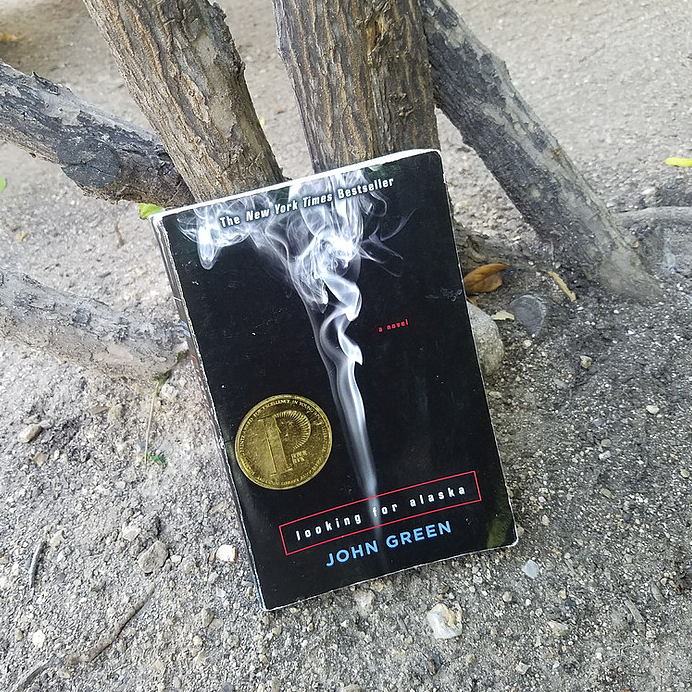
I’m not entirely looking for changes in the book’s television adaptation. There are some things that I’d love to stay the same, and one of those things is the ironing scene. I absolutely love the ironing scene, despite it not being entirely integral to the book’s plot. I think what really made me appreciate this scene is John Green’s commentary:
“I wanted that moment to show them as kids, albeit very different ones: Pudge doesn’t know how to use an iron because someone has always done his ironing for him, and the Colonel doesn’t know how to use an iron because he’s never worn anything that needed to be ironed. But neither of them knows the first thing about how to be an adult in the world.”
I, however, had a different analysis of that scene.
I saw the ironing scene, and Pudge and the Colonel’s inability to iron, as a representation of their privilege, or lack thereof. Pudge and the Colonel are different characters, coming from different home lives. Pudge, like Green states, has had his ironing done for him, which is representative of how he has had most things done for him. Pudge has enough privilege that he has less to worry about than the Colonel.
Meanwhile, the Colonel has had to work for most everything his entire life. Money is an issue for him and his mother, so his not being able to iron because he hasn’t owned an iron, or things which require ironing, is evidence of their lack of money. When you view these two characters and take a closer look at their backgrounds, the ironing scene transforms into a commentary on privilege. The differences in privilege between Pudge and the Colonel are portrayed through their inability to iron; neither of them can iron, but for very different reasons.
I’m hoping this scene is included in the series, because it’d be very easy for them to scrap this scene. Small scenes like this one (and the horrid knock-knock joke) are easy to scrap because they don’t seem all that vital to the plot. But things that aren’t always plot-essential tend to be what audiences latch on to. Even the smallest details hold grand significance, and this is definitely the case for the ironing scene. I want to see this small, cute scene transform into a small, cute scene on the TV screen. I want the scene to stay so that it invites audiences to think beyond the fact that these two boys are too childish to iron. Why are they perceived as “too childish”? What has allowed them to be this way? What group of people are given the tools to live on their own?
Regardless of what is included or removed in the TV adaptation, I’m excited for the eight-episode Hulu adaptation of Looking for Alaska. I’m excited to see what is kept, what is changed, and how it’s changed. You can expect another blog post from me, after I’ve watched it and absorbed it and cried about it.
Read partsone andtwo of this three part blog series.
PRR Writer, Matty Ortega